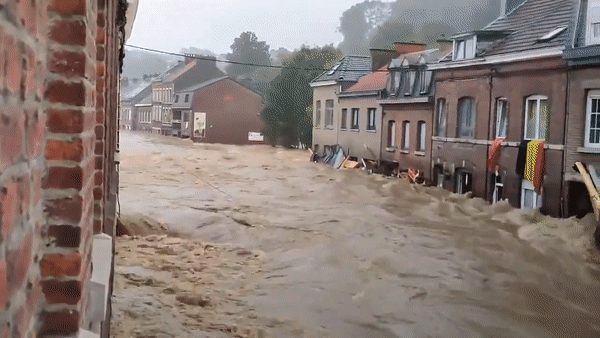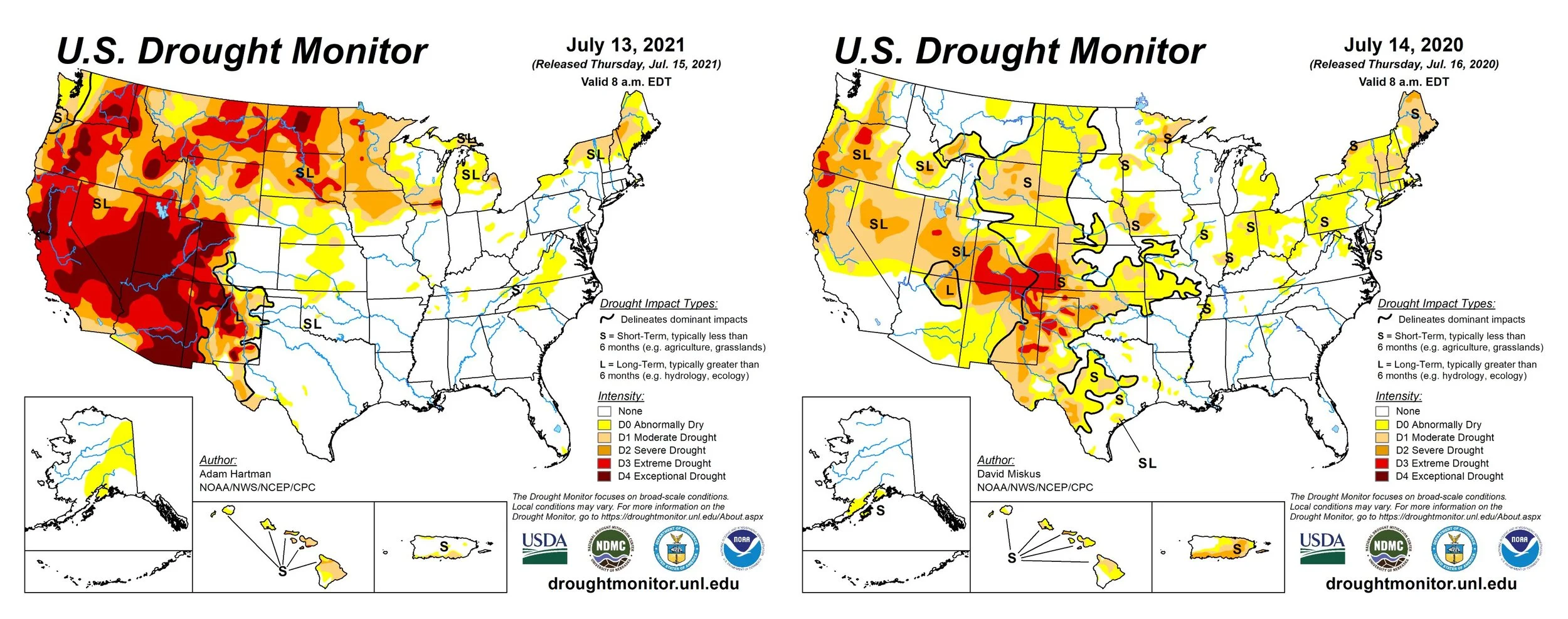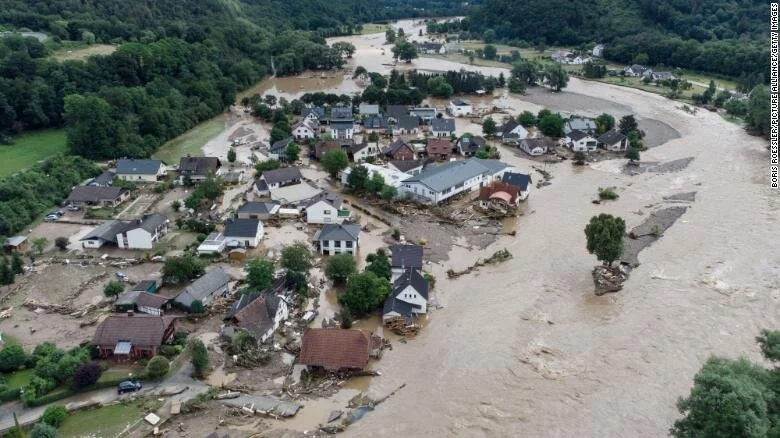It’s time to start some uncomfortable conversations
07-25-2021
If you are based in Europe, Nigeria, China, the entire Western half of the United States, or anywhere else experiencing extreme weather related to the climate crisis, you know full well things are not just going to be bad for the next generation, the crisis is beginning to unfold right now.
I spend far more time than is healthy thinking about the tone I should take in communicating about our environmental crisis. On the one hand, I don’t want to stress people out that they turn away. I know that to solve these issues, we have to reach a broad audience, including those that are not aware of, or do not want to engage with the issue. I also personally don’t want to sound like a crazy person, because I myself bristle at the lack of measured nuance in others. I don't like feeling attacked, and I am far, far from perfect, so I’m hesitant to call out others' actions. I also know that life is short and I would prefer to be joyful instead of stressed out. On the other hand, if I were just looking at the science and current actions, and if I were not motivated by other things, like a desire to fit in, then I would be putting every single effort to communicate what we need to do to address this crisis. Now. So, that’s what I’m going to do. I’m getting uncomfortable because I need you to get uncomfortable, too.
Do you work in a company that sells things? Then your company is contributing to the crisis and you have a job to do: start asking the uncomfortable questions. Now.
Regardless of your position or department, you can ask questions. Those questions have enormous power. I know from personal experience. After employees started asking sourcing questions, we have been asked to help build impact reduction practices within companies. The more you ask, the more likely a company will take action and the more we can do to tackle the crisis we are living in. As Auden Schendler said in his terrific book, “Getting Green Done: Hard Truths from the Front Lines of the Sustainability Revolution,”
“If our CEO, Mike Kaplan, were to get a dozen handwritten letters from the public on a given issue, I can guarantee we’d have a high-level meeting on the subject within a week. Imagine if there were a street protest outside our building. Individuals can drive change; they always do, and they've done it before. We need to get out in the streets, we need to bring our letters to the post office, and we need to force the leaders to lead.”
Auden’s quote was about external questioning, but asking questions inside a company can be even more powerful. You are the talent executives need to retain, you are the backbone of the company. Executives care about what you have to say.
I know it’s uncomfortable. I know you may not want to rock the boat, but if we do not start making a few waves, we are not going to see the changes we need to tackle the crisis at hand.
So what should those questions be?
Questions
Do we know the impact our company has on the environment?
What efforts are we making to reduce that impact?
Are these efforts sufficient given the degree of the crisis?
Our planet does not give extra credit points for great sounding sustainability initiatives. While we would like to applaud all efforts, and say every little bit counts, our ecosystem only cares if the response is sufficient.
The advocacy community tends to focus on the single largest abusers, this leaves many large apparel companies that have a significant impact with no one asking questions, making internal people all the more critical.
💡 We are here to help
If your company’s answer is,“I don’t know” to any of the above, we are here to help.
Reach out at: hello@newstandardinstitute.org.
Source: CNN Weather Center




